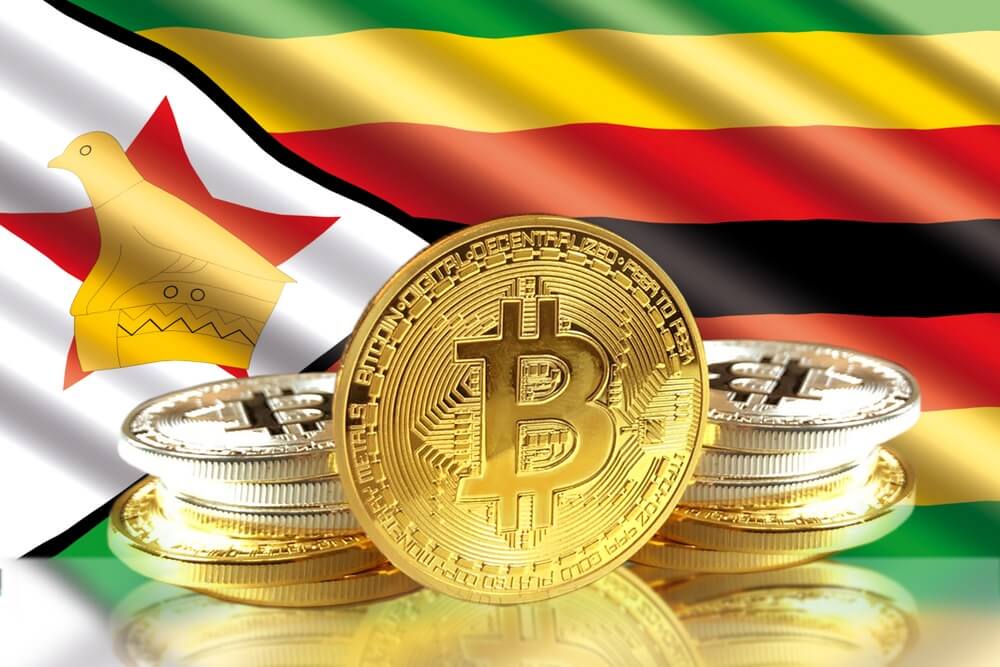The Reserve Bank of Zimbabwe is challenging a High Court ruling against its ban on the trading of cryptocurrencies in the country after crypto exchange Golix had the ruling lifted.
Bank Claims Bitcoin Is Used by Criminals
In May, Zimbabwe’s central bank gave financial establishments 60 days to cease relationships with digital currency exchanges Golix and Styx24. The bank argued that cryptocurrencies, such as Bitcoin, were being used by criminals and money launders.
Golix answered by filing a High Court challenge on the 24th of May. As the central bank failed to show up to defend itself, the High Court judge gave a default judgment, permitting the exchange to resume trading. Golix argued that the bank’s ban was against Administrative Justice noted in the Constitution of Zimbabwe.
Now, though, John Mangudya, the governor of the Reserve Bank of Zimbabwe, has filed an affidavit in the High Court, opposing Golix’s application to remove the ban on its company.
According to a report from the Global Government Forum, a spokesperson for the bank said that Golix’s “activities were not only unregulated and illegal, but presented all kinds of risk, including but not limited to fraud, money-laundering, evasion of the country’s exchange and terrorism financing.”

Interest in Cryptocurrencies Rises
Consumer interest in digital currencies such as Bitcoin has peaked in countries such as Zimbabwe. This is due to the fact that many people can’t use traditional banking services to pay for things. Not only that but with a US$20 limit on what people can withdraw from their deposits, they are turning their attention elsewhere.
One area they’re turning to is the cryptocurrency market. Yeukai Kusangaya, a trade coordinator at the Golix exchange, explained by saying:
People have had to look for alternatives, and Bitcoin has been a useful solution which can be used to purchase goods on Amazon or to pay for vehicles from international suppliers and traders.
Since 2009, Zimbabwe has been using the U.S. dollar as a means of transacting. This was when the Zimbabwean dollar ceased being used due to hyperinflation. However, since taking on the U.S. dollar, it has been in short supply since 2015 as a result of low exports. Consequently, this is a reason why banks are limiting what people can take out of their accounts. As a result, alternative avenues are being sought.
Notably, though, if the central bank is successful with its opposing documents to the High Court, the people of Zimbabwe may find themselves once again with limited means of accessing money when most needed.
Do you think the central bank is right to oppose the lifted ban? Let us know your thoughts in the comments below.
Images courtesy of Shutterstock.



